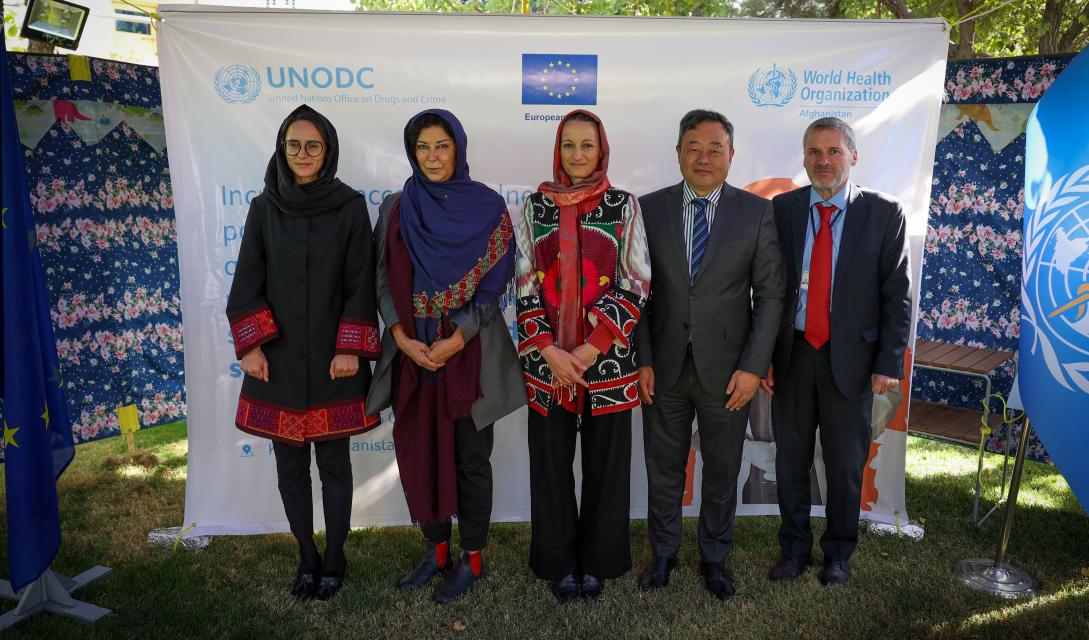The European Union has announced the allocation of €10 million to enhance mental health and address drug use disorders in Afghanistan, according to an official statement released on Wednesday.
This additional funding from the European Union is aimed at bolstering the efforts of the World Health Organization (WHO) and the United Nations Office on Drugs and Crime (UNODC) to expand access to mental health and drug abuse treatment and rehabilitation services for vulnerable populations in Afghanistan, including women and girls.
Raffaella Iodice, the EU Chargée d’Affaires to Afghanistan, expressed the EU’s commitment to improving the health and well-being of the Afghan people, saying, “It is of utmost importance that individuals grappling with mental health issues and drug use disorders have access to comprehensive health services and support for their reintegration into society.”
Luo Dapeng, the WHO Representative in Afghanistan, highlighted the critical role of EU support in facilitating access to mental health and drug abuse treatment and rehabilitation services for vulnerable populations.
“This additional €10 million funding will significantly enhance our efforts to address the prevailing challenges of mental health and drug use disorders among these populations, allowing us to deliver the necessary care and support they rightly deserve,” he said.
According to the statement, Afghanistan is home to nearly 4 million drug users, which accounts for approximately 10 percent of the population.
The deteriorating crisis has placed immense pressure on the country’s drug treatment and rehabilitation centers, leaving drug users without adequate access to treatment, the statement added.
Anubha Sood, UNODC Representative in Afghanistan, emphasized the crucial importance of the additional funding in combating drug use and related disorders in Afghanistan. She noted that the funding aims to increase access to integrated, evidence-based, and human rights-oriented drug treatment and rehabilitation services.




